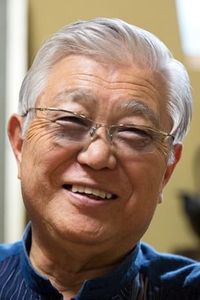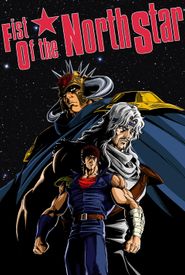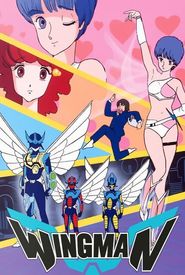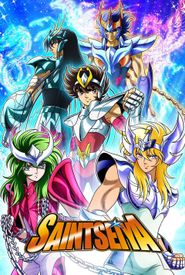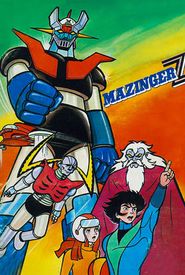The illustrious animation director, hailing from the picturesque Shimoda City, embarked on a fruitful journey in the late 1950s by joining the esteemed Toei Doga, where he initially dedicated himself to planning and providing valuable assistance. It wasn't until the mid-1960s, however, that he began to forge his reputation as a respected director, taking the reins on numerous episodes of beloved television animation series, including the action-packed "Boy Ninja Fujimaru" and the thrilling "Rainbow Squadron Robin".
The year 1972 proved to be a pivotal moment in the career of Katsumata, as it marked the beginning of a long and illustrious journey in the world of feature-length films with the release of "The Three Musketeers' n Boots", a sequel to the beloved and iconic "Puss 'n Boots". This inaugural effort not only showcased Katsumata's talent for storytelling but also set the stage for a series of creative endeavors that would solidify his reputation as a master of his craft.
In addition to his work in feature-length films, Katsumata also made significant contributions to the world of television, directing the first animated series based on the works of renowned manga artists Gô Nagai and Dynamic Pro. This collaboration resulted in the creation of several critically acclaimed series, including "Devil Man", which aired from 1972 to 1973, "Mazinger Z", which aired from 1972 to 1974, and "Cutie Honey", which aired from 1973 to 1974.
Throughout the subsequent years, Katsumata devoted himself to translating iconic manga series into animated masterpieces, with notable adaptations including Reiji Matsumoto's science fiction epics "Space Battleship Yamato" and "Captain Harlock".
From 1978 onwards, Katsumato embarked on a prolific and rewarding partnership with renowned live-action film director Toshio Masuda, where Katsumata took on the responsibilities of animation direction while Masuda assumed overall creative control, overseeing the entire production process with meticulous care.
During the 1990s, Katsumata embarked on his most intimate and ambitious cinematic endeavor to date, a trilogy film adaptation of the iconic manga series "Sangokushi".
